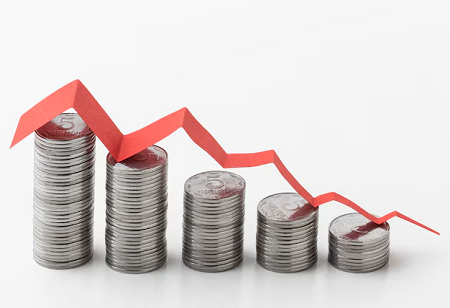
Due to an unexpected surge in consumption and better business spending, Japan's economy grew more quickly than anticipated in the fourth quarter, supporting the central bank's argument for further interest rate hikes.
The yen and Tokyo's Nikkei stock index also rose as a result of the positive statistics. Although the report indicated some positive developments for the fourth-largest economy in the world, analysts claimed that year-end bonuses and a decline in imports, which enhanced net trade, were partially responsible for the headline figure's flattening.
"Details of the results indicate that the economy was not as strong as the headline number suggests," Kazutaka Maeda, an economist at Meiji Yasuda Research Institute, said.
Following a revised 1.7% growth in the previous quarter, the annualized GDP gain results in a quarterly increase of 0.7%, which is also higher than the median expectation of a 0.3% increase. More than half of economic activity comes from private consumption, which increased 0.1%, surpassing a market projection of a 0.3% decline but slowing from the 0.7% increase in the previous quarter.
According to Maeda of Meiji Yasuda, hefty year-end bonuses increased consumption, but once the effect of the bonuses wears off starting in January, it might decline once more.
A major contributor to private demand-led growth, capital investment increased by 0.5% in the fourth quarter, reversing a decline in the previous quarter but falling short of the market's prediction of a 1.0% increase.
Capex is still a variable part of the GDP series and has previously been susceptible to significant changes that have an impact on headline figures. On March 11, the government announces updated GDP data for the December quarter.
We use cookies to ensure you get the best experience on our website. Read more...